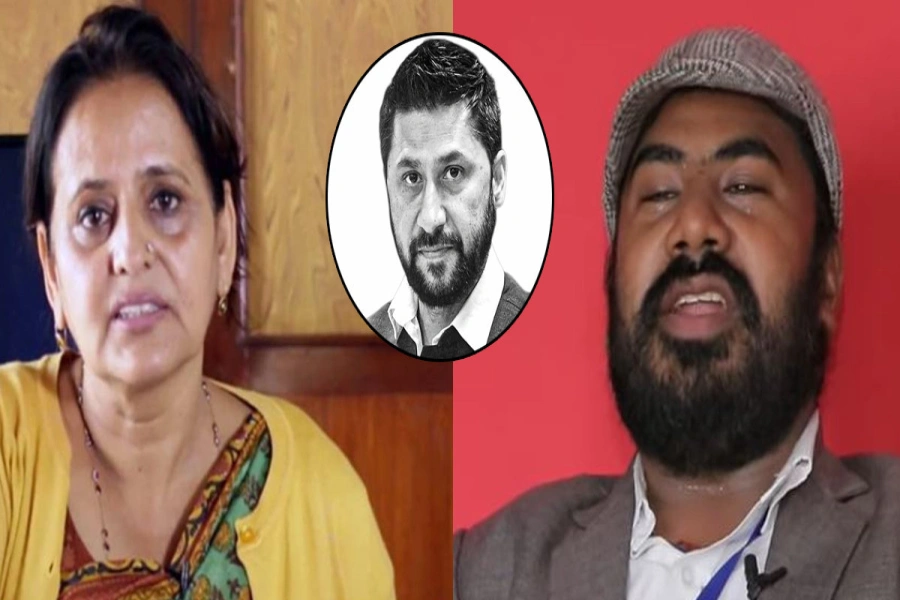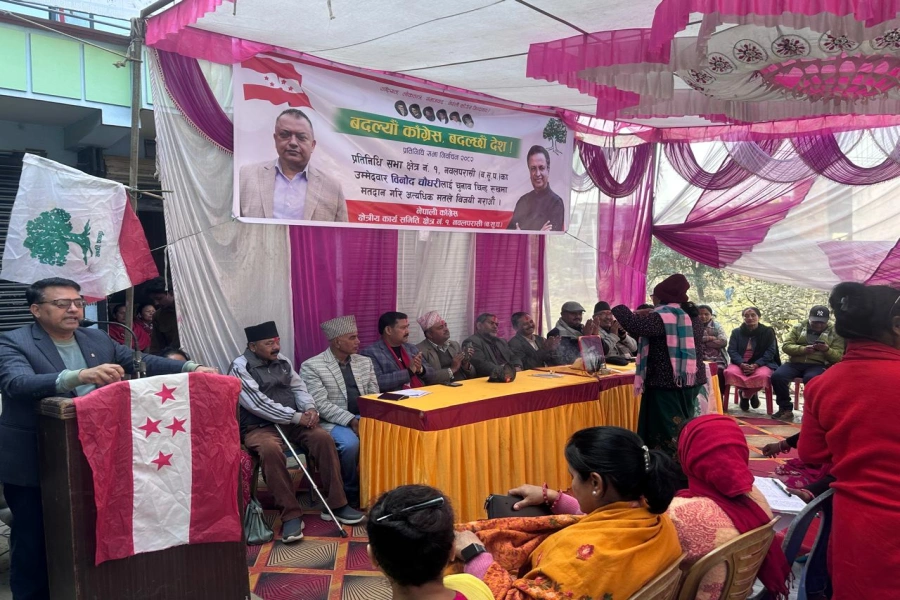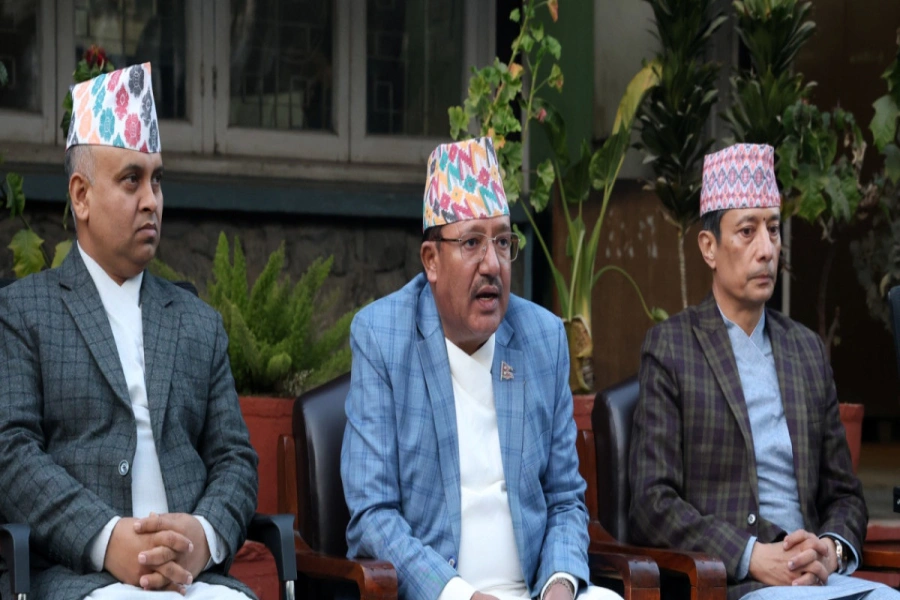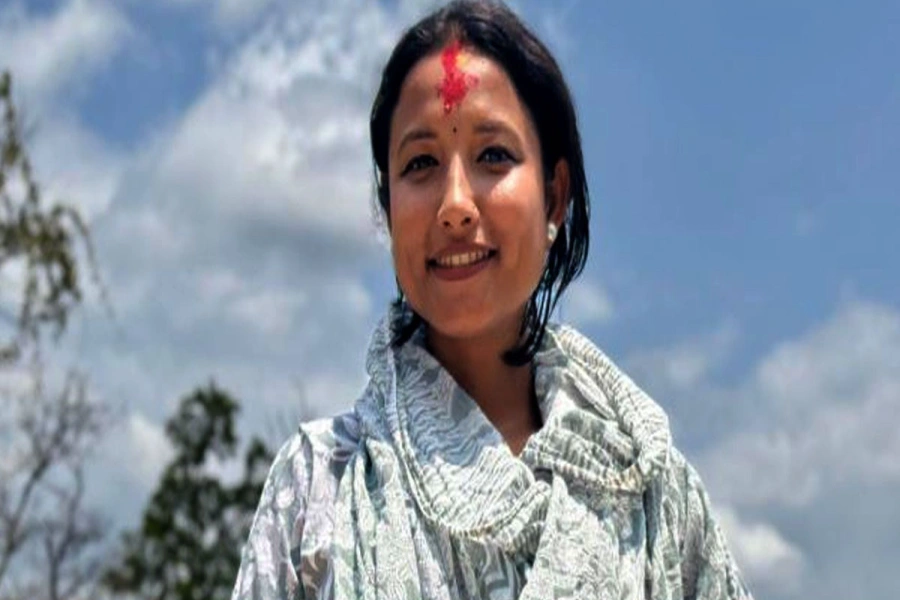UNITED NATIONS, March 30: High-ranking government officials or representatives from countries attending a UN high-level meeting pledged on Friday that their governments will continue to take more practical actions to cope with the fast-paced climate change.
New Zealand "has identified climate change as one of the defining issues of this generation," Stephanie Lee, climate change ambassador at foreign affairs ministry of New Zealand, said at the United Nations High-level Meeting on Climate and Sustainable Development for All.
To combat climate change, New Zealand has already banned new offshore oil and gas exploration. It has pledged transition to "100 percent renewable energy by 2035," she added.
"We will plant 1 billion trees over the next decade," she said, adding the island country in the South Pacific Ocean is cooperating with others to create conditions that enable all countries to prosper.
Noting that at the current emission pace the world will surpass the Paris Agreement goal of 1.5 degrees Celsius around the year 2040, Eva Svedling, state secretary to minister for environment and climate of Sweden, said that "we must act based on what science tells us and make more efficient use of energy, increase the use of renewable sources and phase out the use of fossil fuels."
SHIFT for Our Planet: Youths urge authorities to make climate j...

As for African countries, climate change is also a matter of great concern.
Patricia Appiagyei, deputy minister for environment, science, technology and innovation of Ghana, said that her country "is highly vulnerable to the impact of climate change. The challenge of climate change in Ghana is real. Rainfall patterns have changed and become less predictable. The warming of the sea is also affecting fishing."
To cope with the dire situation, 11 programs covering seven priority economic sectors are being proposed for implementation in the next 10 years, she said.
"We are already implementing climate change programs on the ground, aimed at promoting renewable energy, supporting adoption of clean cooking, and sharing sustainable consumption and production, and pursuing a low carbon electricity supply," she said.
Maleeha Lodhi, Pakistan's permanent representative to the UN, said that around 90 percent of all natural disasters that have hit Pakistan have been triggered by climate change, "putting enormous burden on our development capabilities and our ability to achieve sustainable development."
"In this backdrop, we have developed a comprehensive strategy to address climate change," she said.
Noting that finance remains a burden for the country, the ambassador said that "our adaptation needs are around 14 billion U.S. dollars per annum. We therefore urge our partners to fulfill their pledges of mobilizing 100 billion dollars a year by 2020."
Dang Dinh Quy, Vietnam's permanent representative to the UN, while recognizing the real threat of climate change like all other speakers, urged efforts be made to reinforce its national capacity "by enhancing effective cooperation with all relevant stakeholders."
"International cooperation in terms of capacity building, transfer of technologies for climate adaptation, etc. will play a critical role in this endeavor," he said.
Patrick Suckling, Australian Ambassador for the Environment, brought some good news to the meeting.
"While the Australian economy has experienced 27 years of economic growth, we have driven our emissions per unit of GDP to its lowest level in 29 years," Suckling said.
"Emissions in our electricity sector are falling, driven by unprecedented investment in renewable energy -- Australia has one of the highest rates of uptake of residential solar in the world," he said.
"In February, our government announced a 3.5 billion Australian dollars (2.48 billion U.S. dollars) Climate Solutions Package to tackle climate change in Australia and to build momentum toward achieving our target under the Paris Agreement," he added.
The objectives of the two-day high-level meeting, which kicked off Thursday at the UN headquarters in New York, include highlighting the interlinkage between climate and economic, social and environmental dimensions of sustainable development for present and future generations.






































